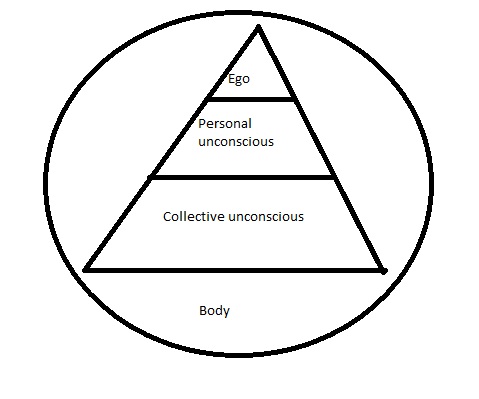Archetypal Themes in Depression
ROBERT F. HOBSON
Archetypes are understood to be the typical forms in which all experience is patterned, organized, and progressively integrated, and hence cannot be adequately described apart from the "matter" in which they are observed. Jung's differentiation of personal unconscious from collective unconscious and of reductive from synthetic analysis, is not taken to imply an absolute distinction, but to refer to different modes of description and treatment of psychological material, which special reference to either "personal" history or to "collective" forms. Individual archetypal themes are clear in certain abnormal states and particular phases of development as, for example, in some phantasies of psychotics and young children, but are most easily served in mythology. Hence, Jung has used the study of myths to amplify, understand and modify developmental processes in patients. It is important to remember, however that the myth is a complex image and is not synonymous with the archetype, by which is meant the form and not the particular contents of the image. This form is most usefully conceived, not as a static pattern, but as a progressive theme and it is the tendency to develop experience in universally typical forms which is considered to be innate.

